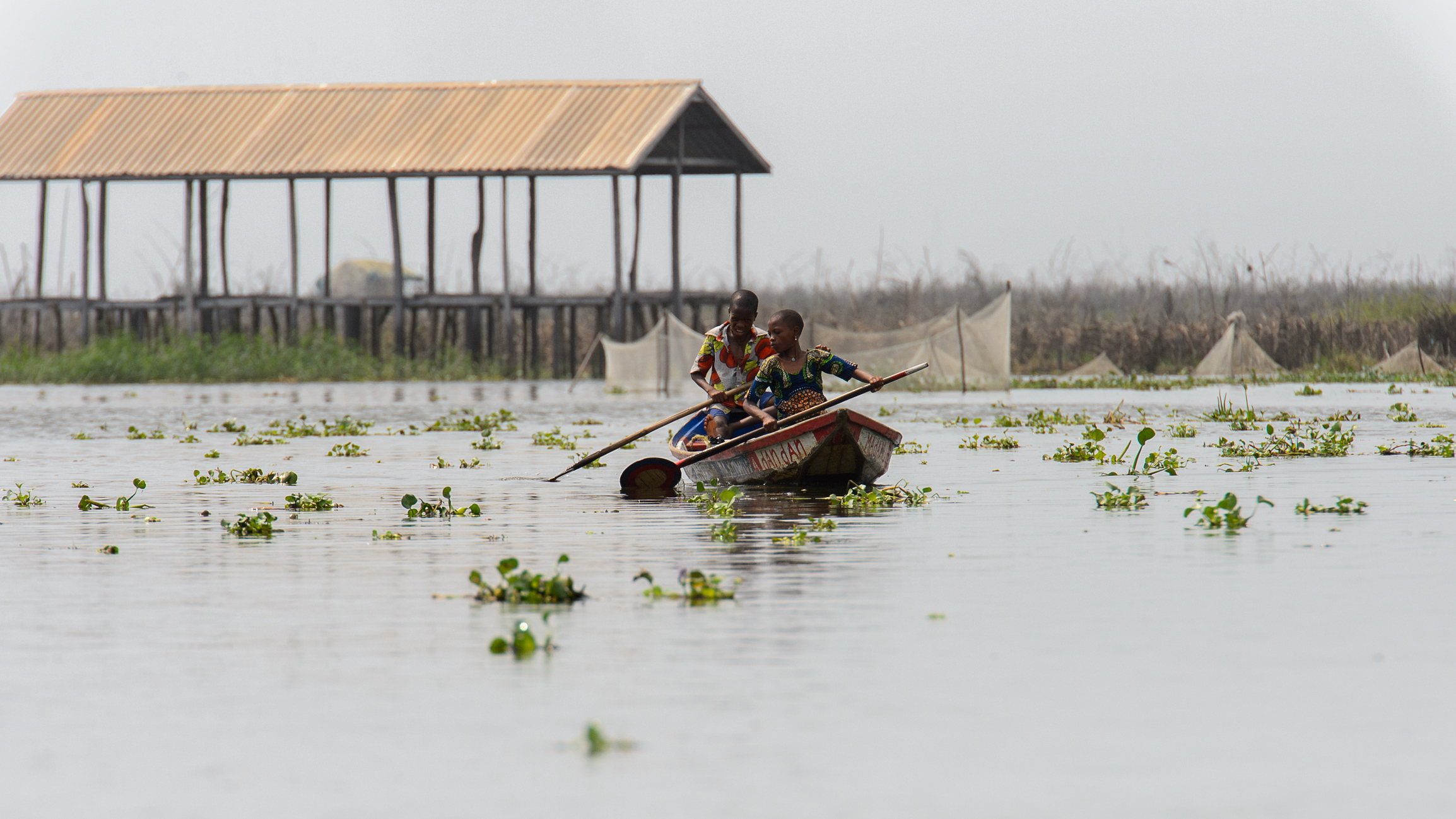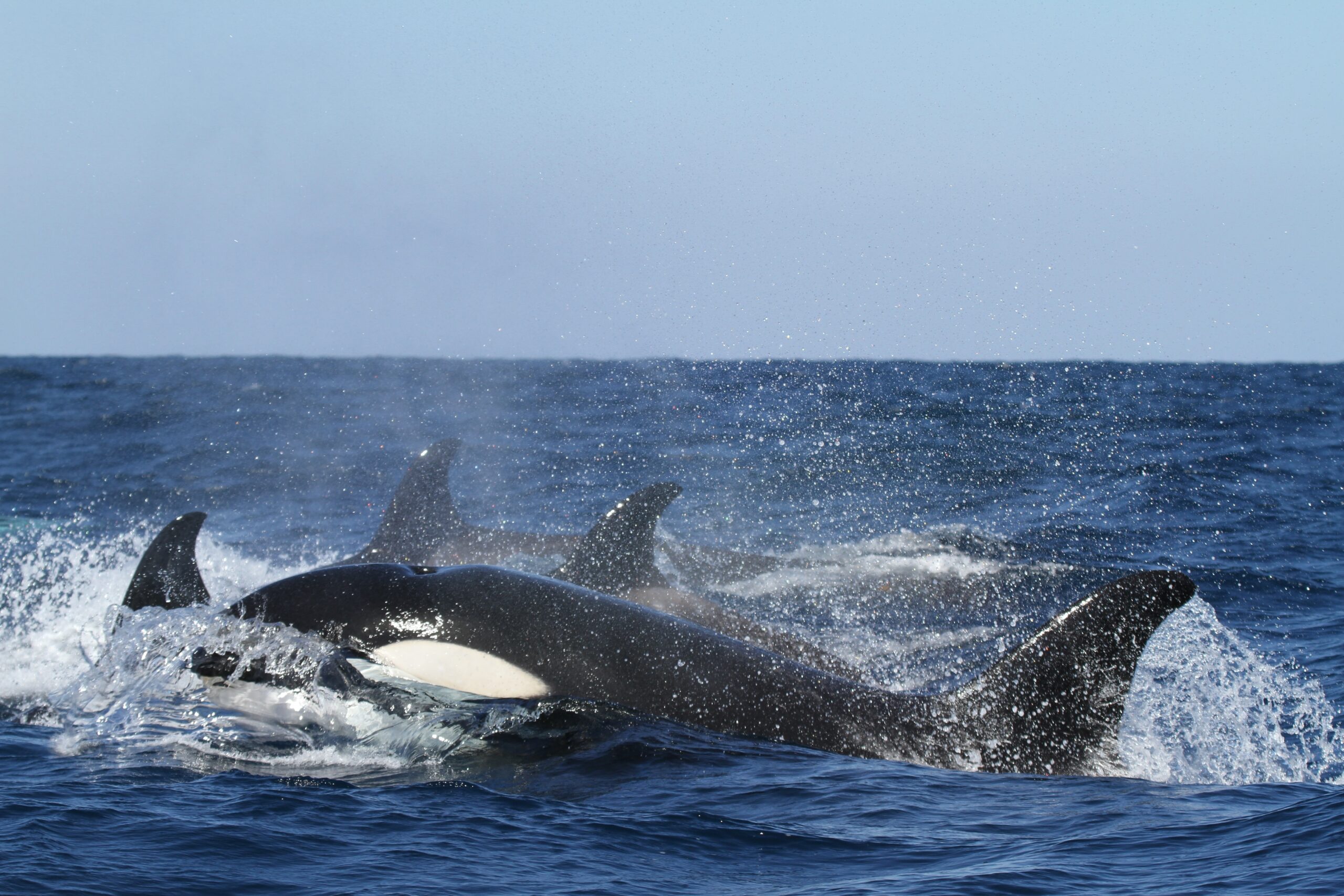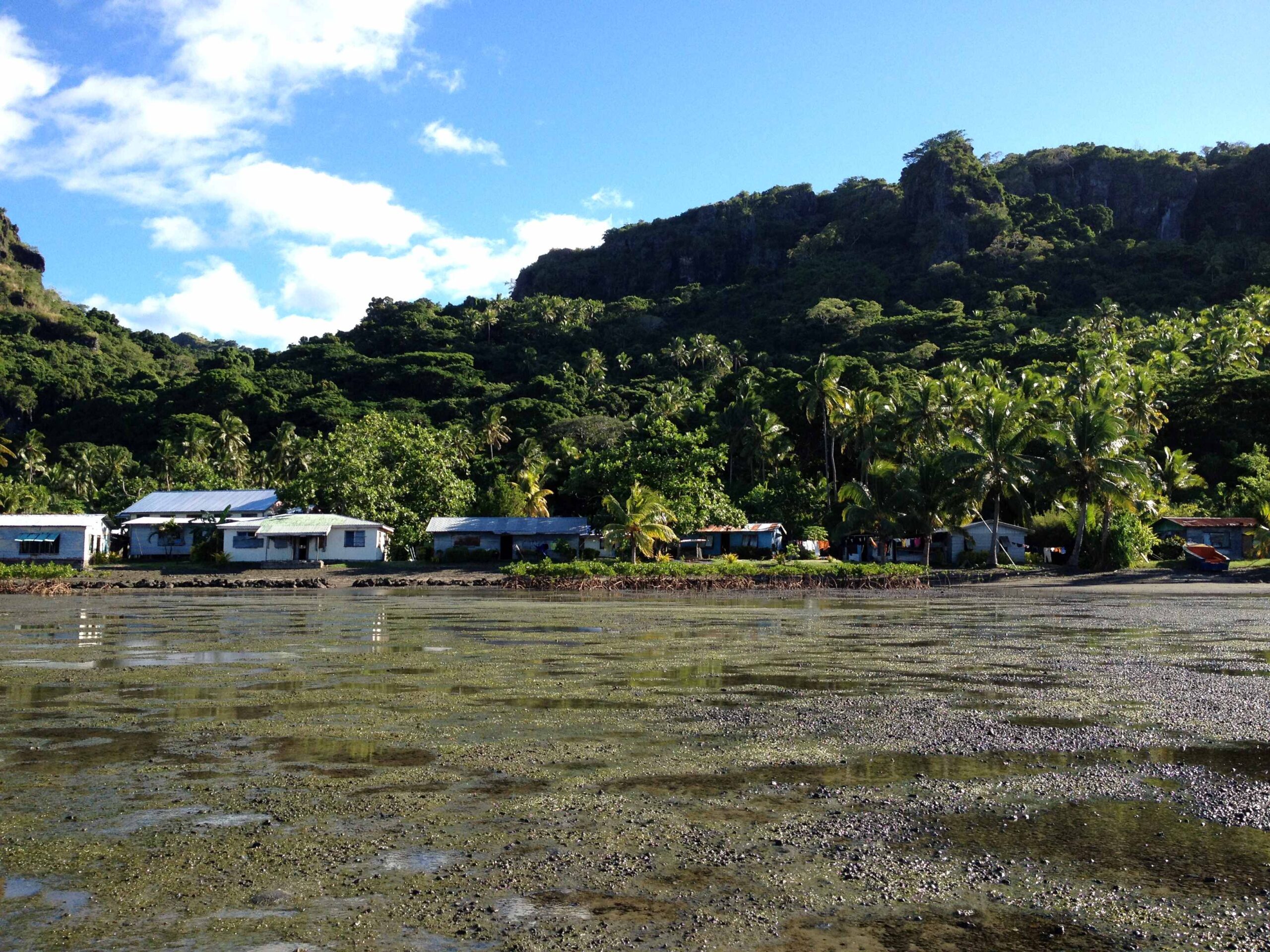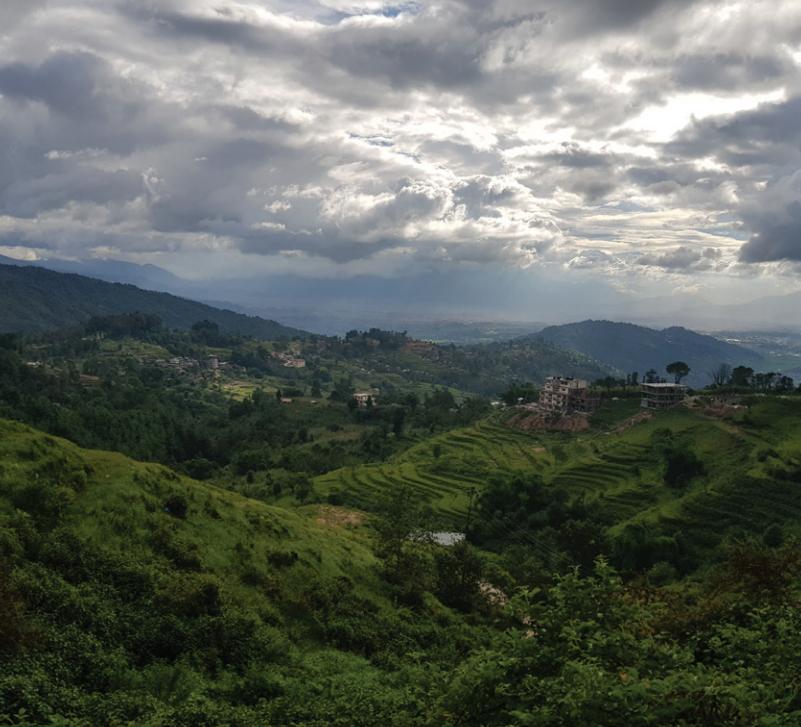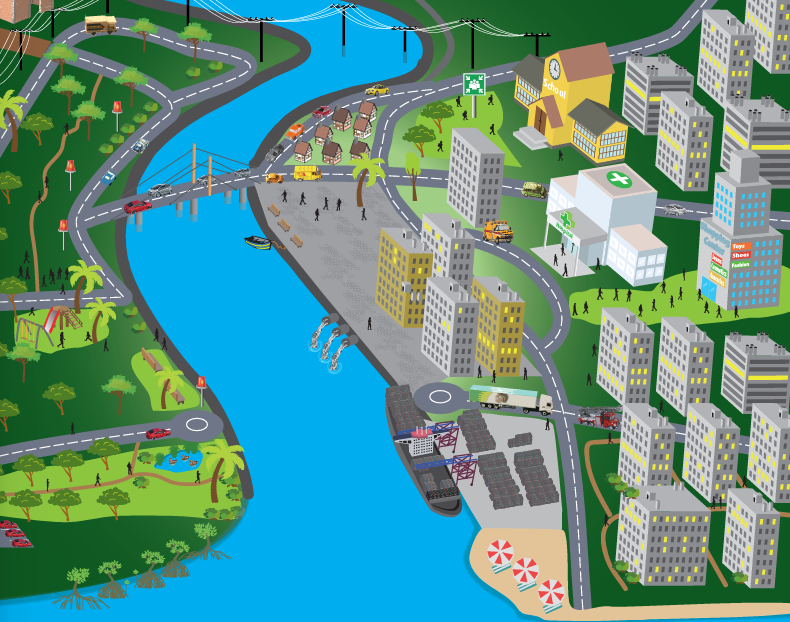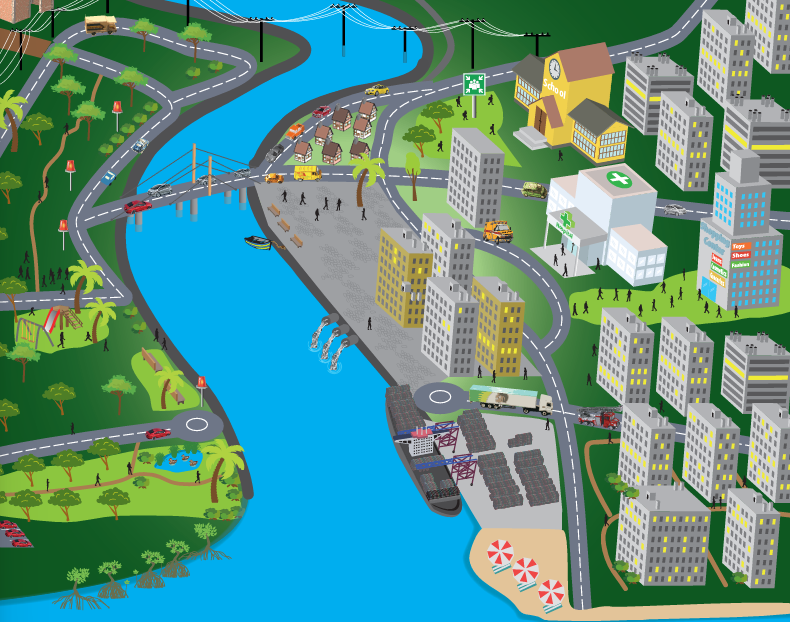adapting to climate change
Maximizing the Impacts of Targeted Gender Analyses for the National Adaptation Plan Process
This briefing note seeks to assess how gender analyses have been used as countries advanced their NAP processes, the changes they contributed to, and the key factors that enabled those changes.
The Contribution of Marine Protected Areas to Climate Change Adaptation: State of the Evidence and Policy Recommendations
Learn about how Marine Protected Areas (MPAs) can effectively contribute to climate change mitigation and adaptation, and understand why it is crucial that they are included in policy discussion, in light of COP27 and COP15.
Climate risk integration: A new era for aid and development programming
Learn about why system transformation of the development sector is needed to ensure development progress continues against the backdrop of increasing climate change impacts in this short blog.
A combined cognitive and spatial model to map and understand climate-induced migration
What is the relationship between climate change impacts and migration? The SEI team analyzes this connection developing a spatial multi-criteria model that establish people’s motivations to migrate, including climate change factors.
The 16th International Conference on Community-based Adaptation to Climate Change (CBA16): Putting the LLA principles into practice
This article presents the key highlights and messages from the 16th International Conference on Community-Based Adaptation to Climate Change (CBA16) that took place on the 3rd and 4th of October, 2022.
Knowledge Broker Support Program (KBSP) online course
The Knowledge Support Program (KBSP) is an online course that brings together tools, processes and case studies which can help knowledge brokers mainstream climate change and future uncertainty into their program. By integrating climate change and future uncertainty, knowledge brokers can increase the likelihood of the long-term success of their programs.
Climate Resilience Planning in Mountainous Regions in Nepal
This policy brief assesses the challenges and opportunities in undertaking local climate mitigation and adaptation actions in Nepal municipalities and makes recommendations for developing and mainstreaming resilience plans.
Climate Services in Germany: Stakeholders, Challenges and Factor of Success
This study is part of the CSI project and examines Climate Services in the German context. In particular, the Climate Service value chain is investigated and those stakeholders who play a decisive role as change agents in this area are highlighted.
Hong Kong’s July heatwaves highlight the city’s lack of holistic climate governance
The global heatwaves in July greatly affected Hong Kong. This is not a new issue the government has focused on it being a problem of heatstroke among workers, without directly addressing the root cause of climate change at a higher level.
Final Report: Climate Risk Analysis and Assessment Report for Cai Lon – Cai Be Sluice Gate Project Based on the PIEVC Protocol
T his report presents the results of the climate risk assessment conducted for the Cai Lon – Cai Be Sluice Gate project in the Mekong Delta, Vietnam, between August 2018 and May 2019. The assessment was conducted using the Public Infrastructure Engineering Vulnerability Committee (PIEVC) engineering protocol for infrastructure vulnerability assessments (the “Protocol”).
